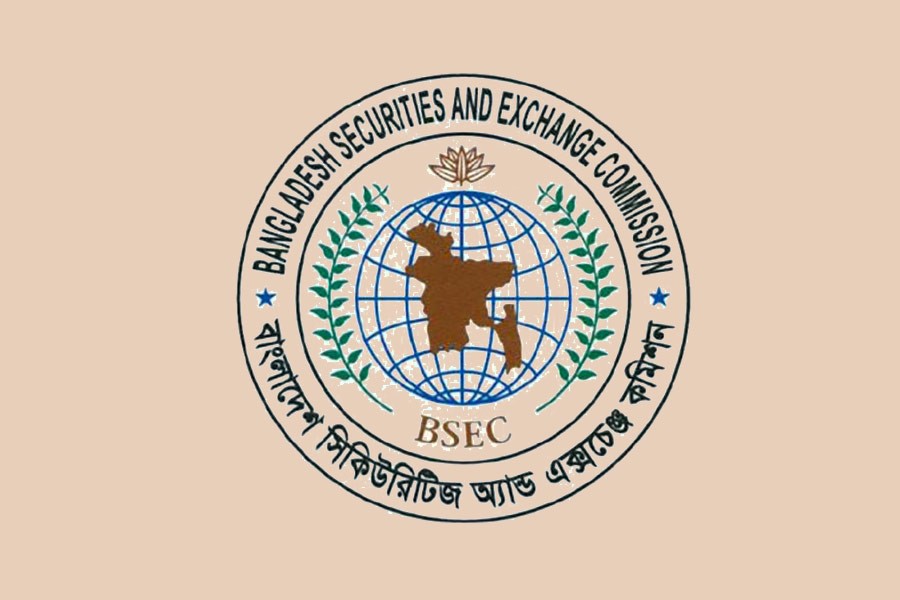The head of the capital market regulatory body, the Bangladesh Securities and Exchange Commission (BSEC) has given a strong hint at discarding the Book Building Method (BBM) that was introduced when the stock market was at its peak in 2010. He expressed his dissatisfaction over operation of the method and warned market intermediaries of discontinuing it. The BBM is a systemic process of getting efficient price discovery for initial public offerings (IPOs) by using investors' demand for shares. Many might liken the threat of scrapping the method to chopping the head to get rid of headache.
The problems that have surfaced have a background. The BBM was introduced when the Bangladesh market was not ready for it. It is a sophisticated system that works better in developed markets. Yet some influential quarters got it in place, pushed the market up artificially through manipulation and made windfall profits. Since it takes more time for an issue to get listed on the bourses through the BBM, not many companies could make use of it in between its introduction and its suspension in the wake of allegations of its massive abuse. The market collapse in December 2010, in fact, had saved thousands of investors from being cheated by many more companies that were willing to use BBM.
In an imperfect market like that of Bangladesh, the BBM is not suitable. The BSEC had modified certain BBM-related rules in an attempt to safeguard the interests of the general investors. But in a situation where the institutional investors lack expertise and one cannot be certain about the integrity and honesty of issuers and auditors, the possibility of investors getting cheated remains very strong. Though only a handful of companies could avail the BBM before its suspension in 2011, the number of general investors affected was, however, substantial. The method started operating again in 2014 in a modified form.
If all the relevant parties get the scope to form an unholy syndicate they can easily cheat general investors using the BBM. The securities regulator has formulated rules for the method. But these are allegedly manipulated or flouted at the cost of general investors. The role of the institutional investors is very important in the BBM since they fix the cut-off prices of shares on the basis of indicative prices of the issuers. Unless the bidders are adequately capable of determining the inherent strength of the companies on offer, they might suffer financial losses. The situation could, however, be otherwise in an over-heated market where the propensity among general investors to devour even over-priced issues is found quite strong.
The BSEC in 2015 decided to amend the public issue rules making the use of the BBM mandatory for any company willing to float shares at premium value. The move was in right direction. The securities regulator is supposed to examine all the IPO documents, financial or otherwise, carefully. Physical examination of issuing companies is also a necessity.
Thus, prior to granting permission to any company under the BBM, it becomes essential for the securities regulator to be very cautious since the stake of general investors in this type of issues is far greater than in normal cases. What is important here is keeping a close watch on the issuers, auditors and institutional investors so that they are unable to form an unholy alliance and cheat general investors.


